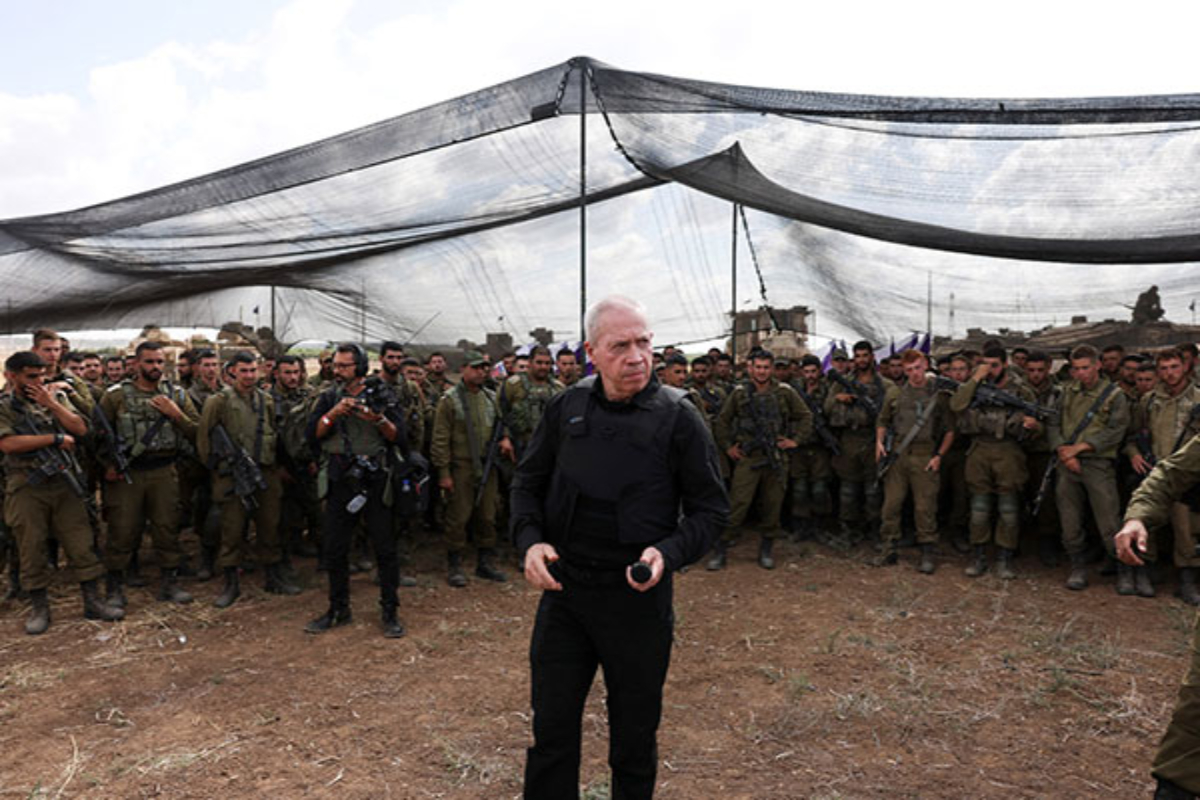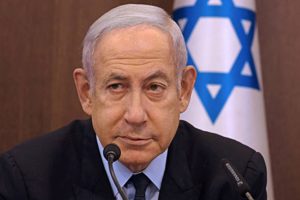Israel has declared an emergency for the next 48 hours amid the country’s escalating tensions with Lebanon, according to The Times of Israel.
Israel’s Defence Minister, Yoav Gallant, declared an emergency. This comes as a “special situation in the home front,” which enables the IDF Home Front Command to issue restrictions.
In emergencies, the legal term “special situation” is used to give authorities more authority over the civilian population, simplifying attempts to protect them. It is valid for 48 hours, unless extended by cabinet ministers.
As tensions continue to rise, the Israeli public remains on high alert, bracing for the possibility of further incidents.
Earlier today, Israel Defence Forces (IDF) spokesperson Rear Admiral Daniel Hagari warned the Lebanese citizens who are in southern Lebanon of possible attacks by Israel in retaliation to Hezbollah strikes.
In a press conference, the IDF spokesperson said, “We warn the Lebanese citizens who are in southern Lebanon; we recognise that Hezbollah is now preparing to shoot widely into Israeli territory near your home. You are in danger. We attack and remove Hezbollah threats. Anyone who is near the areas where Hezbollah operates is required to stay away from them immediately.”
“In the near future, Hezbollah will launch rockets, and possibly missiles and unmanned aerial vehicles, towards the territory of the State of Israel. Accordingly, “life-saving” instructions of the Home Front Command will be distributed in the various regions. The Home Front Command will update the areas where one must stay near the protected area or inside the protected area,” Hagari said.
“The IDF is doing and will do everything necessary to protect the citizens of the State of Israel,” he added.
After Hamas political leader Ismail Haniyeh was killed in Tehran last month, which resulted in promises of “punishment” from Iran, Israel is preparing for a strong retaliation.
However, Israel has not denied or confirmed that it was responsible for Haniyeh’s death, but it had previously threatened to execute him and other senior Hamas figures for their involvement in the terrorist attacks on October 7.
Tensions in West Asia have escalated after the Islamic Revolutionary Guard Corps (IRGC) announced on July 31 that Ismail Haniyeh had been killed in an attack in Iran’s capital, Tehran.





